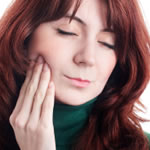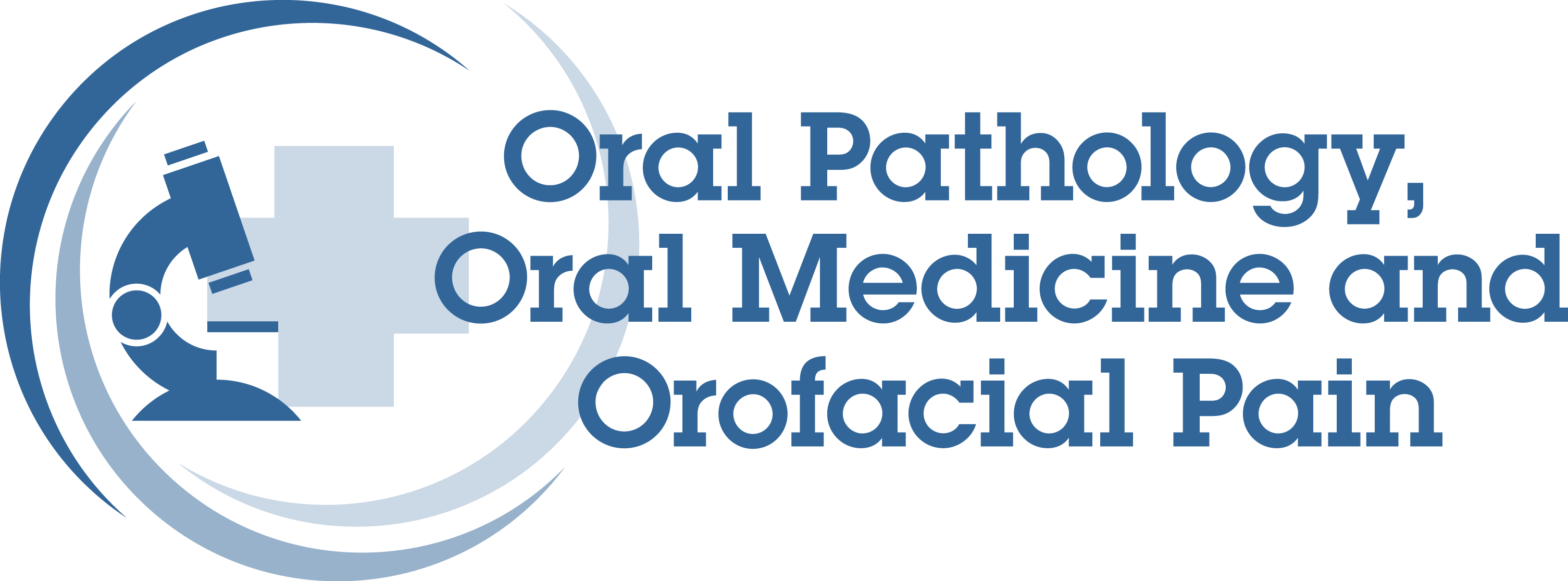
TMJ pain -The Mechanisms of joint and Muscle Pain

The common symptoms of a TMJ disorder that you may experience including the following:
- “Toothache” that is not relieved by dental or root canal treatment
- Recurring pain on one side of the face, around the ears or TMJ
- Difficulty opening or closing jaws with associated clicking or popping
- Earache or ear ringing, not relieved by conventional treatment
- A stiff or fatigued jaw in the morning upon awakening
- Chronic headaches, muscle fatigue and soreness in the head and neck regions
The sites where the pain that the patient feels are often deceiving. Chronic pain with no abnormal dental findings could be caused by:
(1) Nerve disorders (neuropathic)
(2) Muscular problems in the head & neck regions
(3) TMJ structural changes
(4) Even intracranial diseases (brain tumor)
Chronic pain can affect one’s quality of life and performance skills, leading to emotional distress and depression. The earlier the condition is diagnosed, the better the prognosis. Patients with the above symptoms should be referred to a specialist with expertise in the diagnosis and treatment of these disorders. To know more about the scientific background, you may click the following article: The Mechanisms of Joint and Muscle Pain
